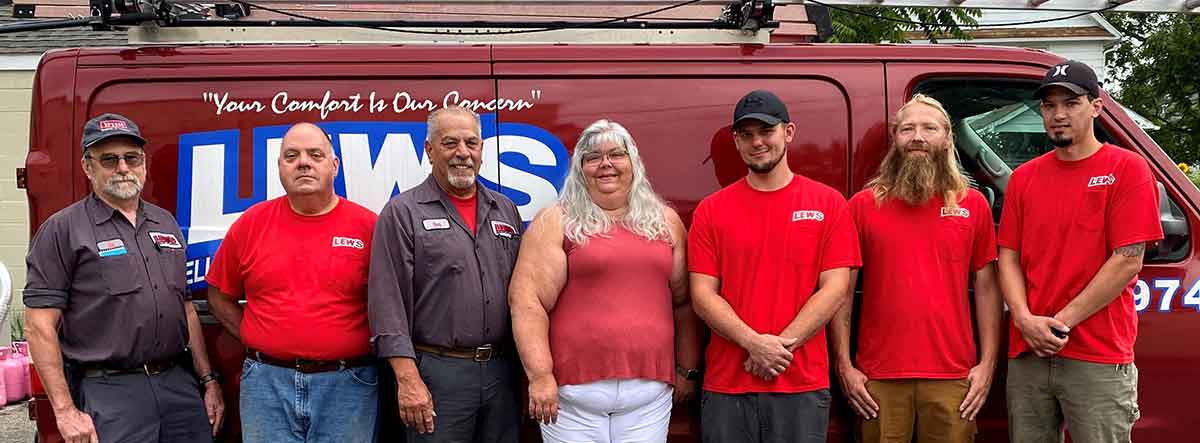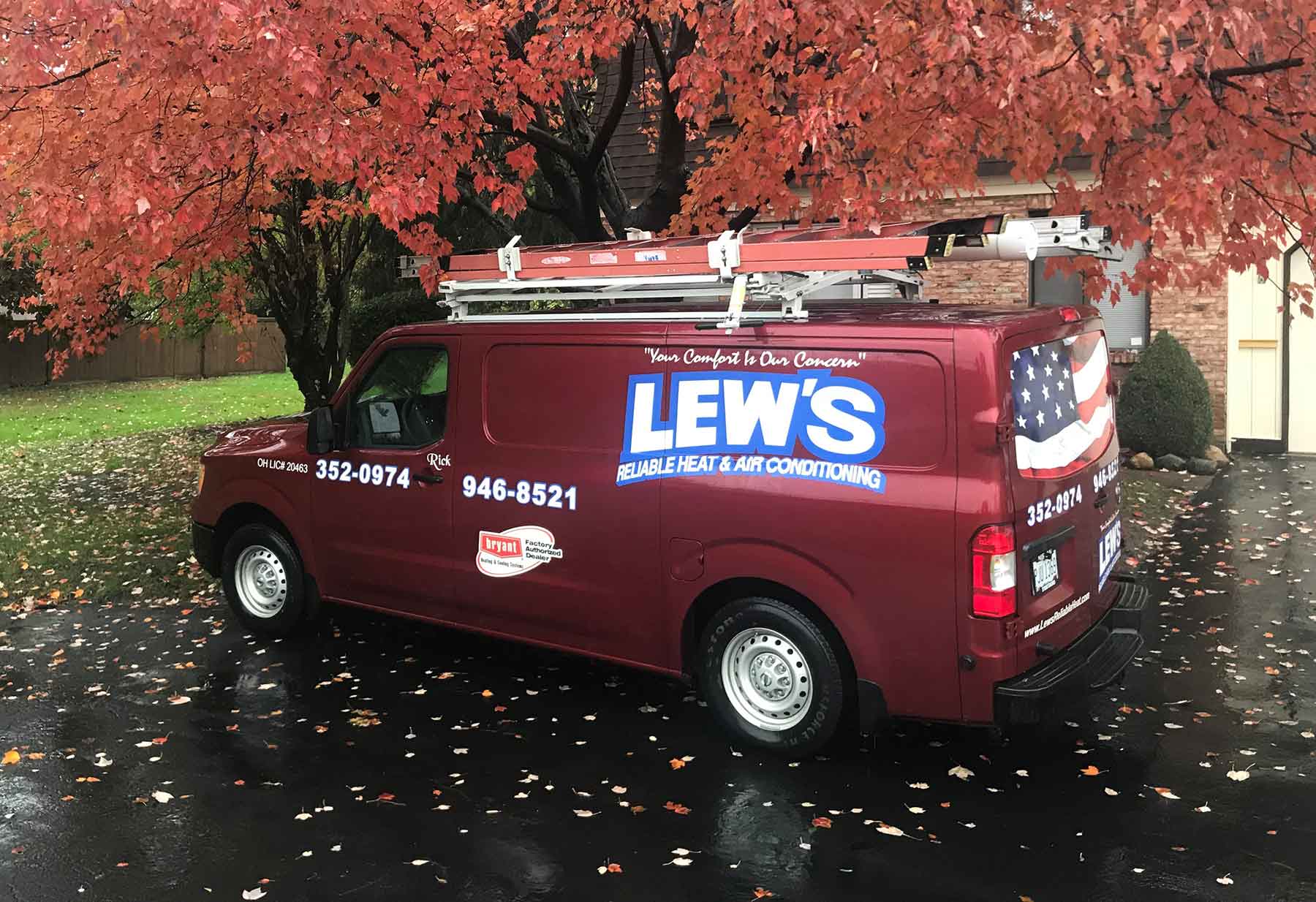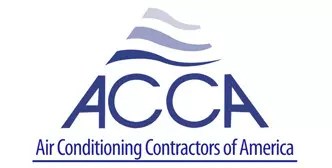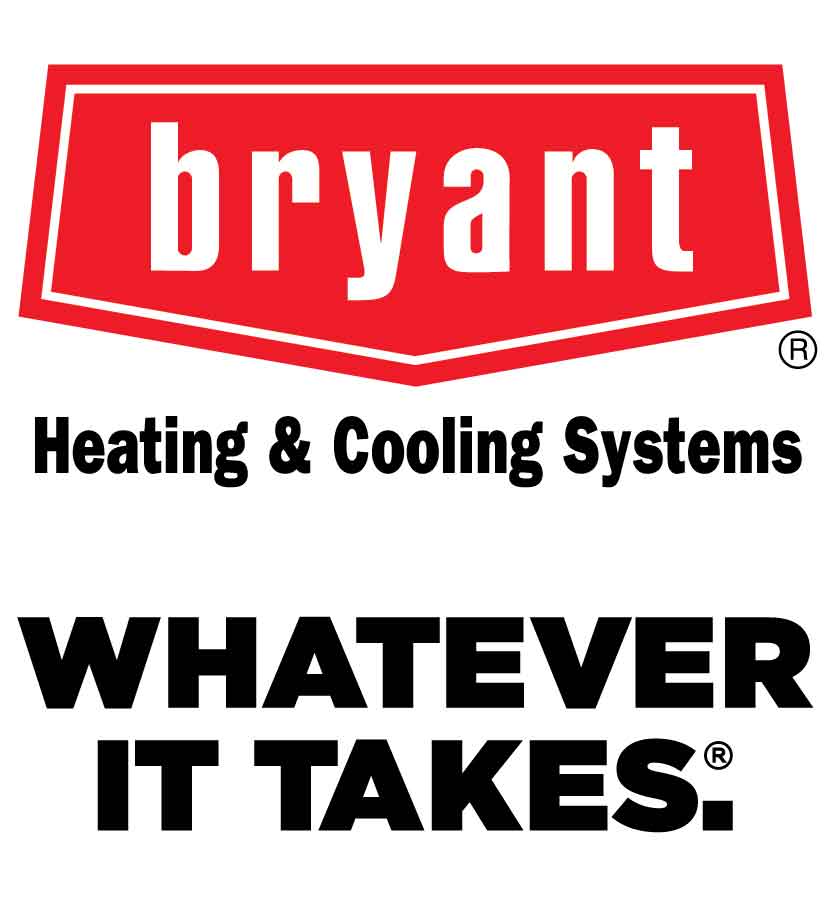You probably have noticed during these especially cold days how dry your home feels. Static electricity is high, lips and hands feel dry, and your house plants seem to need twice as much water. But if you happen to heat your home with a boiler rather than a forced-air system, you may believe you are benefitting from moist heat and higher humidity levels in your home.
The fact is, boiler heat systems, either with hot water radiators or steam radiators, do not provide any more humidity than a forced-air system – at least they aren’t supposed to. A properly working boiler and radiator heating system simply heat – it does not humidify.
Humidity drops in the winter because cold air does not hold as much moisture as warm air. Any heating system will warm the air, and while forced-air systems do dry the air out more quickly than radiant heating, neither will provide the moisture we crave in the winter.
But my steam heat really does seem to improve humidity in my home!
Steam radiators heat by drawing steam into cast iron coils, which then radiate that heat into the room. The air in the coils is displaced and expelled through air vents. If you have noticed some added humidity, it is most likely the steam that escapes from the air vents during this process. Unfortunately, anything more than a very small amount of steam escaping means your air vents are clogged, which is not good for your boiler. If there is enough steam for you to notice, you should clean out those air vents ASAP.
How to get humidity levels up
Homes heated by forced air systems are easy to fit with humidifiers that put moisture back into the dry winter air, a great idea both for comfort and to protect wood furniture and floors that can be damaged by low humidity levels. Unfortunately, boilers aren’t compatible with these systems because they do not use ducts and vents to distribute heat.
There are some steps you can take to improve the condition of winter air, however, whether you have forced air heat or a boiler.
- Keep your thermostat as low as possible with forced air systems to slow the drying out process.
- Add a humidifier to your furnace to add moisture whenever your furnace is running.
- Place bowls of water in warm places throughout your home to add moisture as the water evaporates. This is a great option for radiant heating—place a water-filled metal bowl directly on the radiator to encourage faster evaporation.
- Get maximum benefit from radiant heat by placing water bowls both on and below your radiator.
- Consider purchasing cast iron humidifiers designed to work with radiant heat systems. Featuring a cover and vent, these humidifiers heat quickly and allow vapor to escape efficiently.
Humidity levels of 30 to 50% are considered optimal in most homes with regard to comfort, health, and efficiency. If you are concerned about the humidity levels in your home, contact the experts at Lew's Reliable Heat & A/C. We can provide recommendations for whole-house humidifiers, inspect your forced air system, or service your boiler and radiant heat system to ensure you are getting the best from your heating system.




